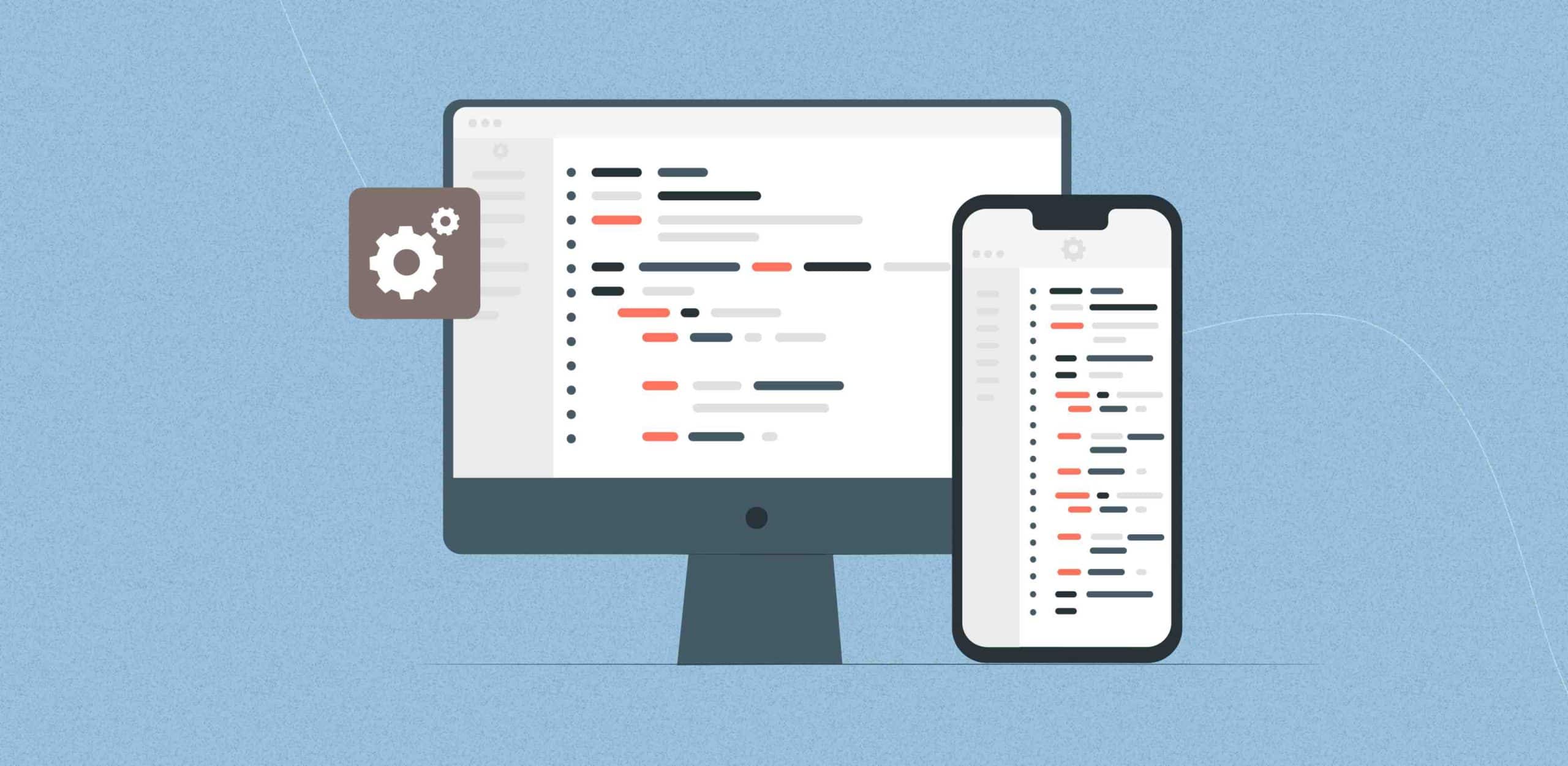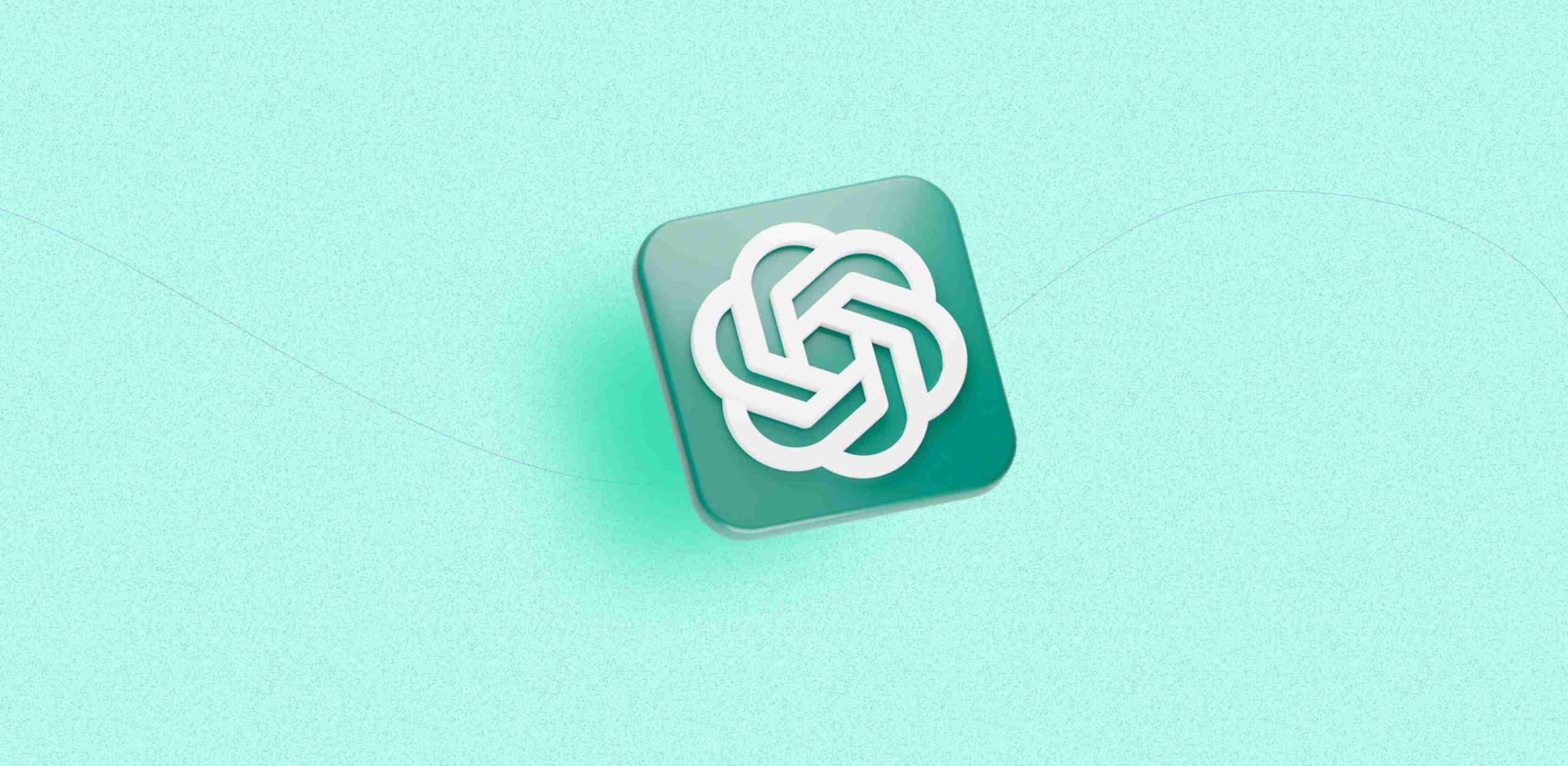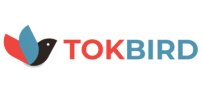In recent years, e-Learning app development has revolutionized the education industry by providing students with easy and accessible ways to learn anytime, anywhere. With the advent of advanced technologies, it has become easier to develop e-Learning applications that offer a rich and interactive learning experience.
In this blog, we will discuss the types, must-have features, technologies used in, and best practices in e-Learning app development.
What is e-Learning app development?
e-Learning app development is the process of creating applications that enable users to learn through electronic media. These applications can be accessed through smartphones, tablets, or laptops. e-Learning apps can also be used to develop soft skills such as time management, communication, and teamwork along with the learning processes.
Types of e-Learning apps
The various types of e-learning apps include,
Corporate e-learning app: A corporate e-learning app is designed for businesses and organizations to train their employees on specific skills and knowledge required to perform their job. These apps may include interactive modules, video tutorials, quizzes, and other learning tools to help employees improve their performance and productivity.
Personalized e-learning app: A personalized e-learning app uses data analytics and machine learning algorithms to provide customized learning experiences to individual users. These apps assess the user’s knowledge, learning style, and preferences and create a personalized learning path with relevant content and activities.
Educational app: An educational app is designed to provide academic content and knowledge to learners of all ages. These apps can cover a wide range of subjects, from basic literacy and numeracy to advanced science and technology. Educational apps can be used in schools, colleges, and universities or by individuals who want to learn independently.
Self-paced e-learning app: A self-paced e-learning app provides learners with the flexibility to learn at their own pace, at any time, and from any location. These apps allow users to access course content, videos, quizzes, and other resources on their own schedule and track their progress.
Gamified e-learning app: A gamified e-learning app uses game design principles to create an engaging and interactive learning experience. These apps often include challenges, points, badges, and rewards to motivate learners and make the learning process more enjoyable. Gamified e-learning apps are often used for language learning, test preparation, and skill-building.
Must-have features in e-Learning apps
The success of an app depends on the features it offers. Here are some must-have features that every e-Learning app should have:- User-friendly interface: A user-friendly interface is essential for any e-Learning app. The app should be easy to navigate, and the user should be able to find the information they need quickly and easily.
- Personalization: Personalization is crucial in e-Learning apps, as it helps to cater to the individual needs of learners. The app should be able to personalize the learning experience based on the learner’s preferences and past performance.
- Interactive content: Interactive content, such as videos, quizzes, and simulations, is essential in e-Learning apps. Interactive content makes learning more engaging and helps to improve retention.
- Progress tracking: An e-Learning app should have a progress-tracking feature that allows learners to track their progress and see how far they have come. This feature helps learners stay motivated and encourages them to continue learning.
- Collaboration: Collaboration features, such as discussion forums and group assignments, help learners to interact with each other and share their knowledge. Collaboration features help foster a sense of community and make learning more enjoyable.
Contact us for our live streaming app development services and take your business to the next level!
Technologies used in e-Learning app development
Choose your technology stack in accordance with the business requirements while developing an e-Learning mobile app.- Front-end development technologies: The front-end development of an e-learning app involves the use of programming technologies such as HTML, CSS, and JavaScript. These technologies are used to create the user interface of the app.
- Back-end development technologies: The back-end development of an e-learning app involves the use of programming languages such as Python, Ruby, PHP, or Java. These technologies are used to create the server-side logic of the app and handle the database operations.
- Frameworks and libraries: Various frameworks and libraries are used in e-learning app development to speed up the development process and make it more efficient. Examples of such frameworks include React, Angular, and Vue.js, while popular libraries include jQuery and Bootstrap.
- Mobile app development: For e-learning apps, mobile app development is essential as it allows users to access content from anywhere and at any time. Technologies such as React Native, Xamarin, or Flutter are used to develop cross-platform mobile apps that work on both iOS and Android platforms.
- Cloud technologies: Cloud technologies are also used in e-learning app development to provide scalability, reliability, and security. Cloud providers such as AWS, Google Cloud, or Microsoft Azure offer a range of services such as storage, databases, and computing power that can be used to build and deploy e-learning apps.
Best practices in e-Learning app development
To ensure the success of an app, it is essential to follow some best practices. Here are some best practices in e-Learning app development:- Identify your target audience: Before developing an e-Learning app, it is crucial to identify the target audience and understand their needs and preferences. This will help to create a personalized learning experience that meets the needs of the learners.
- Develop a content strategy: A content strategy is essential in e-Learning app development. The content strategy should include the type of content to be created, the format of the content, and the delivery method. The content strategy should be aligned with the learning objectives and the target audience.
- Use responsive design: With the increasing use of mobile devices, it is essential to use responsive design in e-Learning app development. Responsive design ensures that the app can be accessed from any device and that the content is optimized for the device’s screen size.
- Test and iterate: Testing is an essential part of e-Learning app development. It is essential to test the app on different devices and platforms to ensure that it works as intended. Feedback from learners should also be collected and used to improve the app.
- Keep it simple: An e-Learning app should be simple and easy to use. Learners should be able to navigate the app easily and find the information they need quickly. Complex features and functionalities should be avoided unless they are essential for achieving the learning objectives.
Conclusion
e-Learning app development has become increasingly popular in recent years, and it offers a convenient and accessible way for learners to acquire knowledge and skills.
If you are looking for an e-Learning app development company to implement or custom develop an e-Learning app solution, feel free to contact us. We have the expertise and experience to create a personalized and engaging learning experience for your learners.
Let’s transform your business for a change that matters.
F. A. Q.
Do you have additional questions?
An e-Learning app should have essential features such as user authentication, course content delivery, progress tracking, assessments, and analytics. Other features that can enhance the user experience include gamification, social learning, and personalized learning paths.
The various types of e-learning apps include corporate, educational, personalized, self-paced, and gamified apps
The technologies used in e-Learning app development include front-end and back-end development technologies, frameworks such as React, Angular, Vue.js, and popular libraries, such as jQuery and Bootstrap, React Native, Xamarin, or Flutter are used to develop cross-platform mobile e-learning apps and cloud technologies.
To ensure the success of your app, you should identify your target audience, develop a content strategy, use responsive design, test, and iterate, and keep it simple. You should also collect feedback from learners and use it to improve the app.
Outsourcing e-Learning app development to a company can save time and money, as you do not need to hire an in-house development team. A company that specializes in e-Learning app development has the expertise and experience to create a high-quality app that meets your needs and the needs of your learners.














